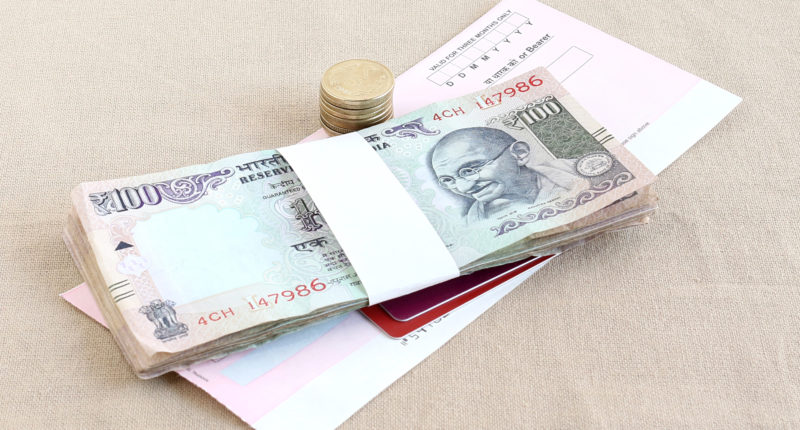Earlier this year, the Reserve Bank of India (RBI) rolled out the ‘Positive Pay’ system concerning cheque payments. As per the new rule, re-confirmation of certain key details will be needed for making a payment which is more than Rs 50,000.
The objective of the ‘Positive Pay’ system is to identify fraudulent activity. The tool identifies fraudulent information by matching specific details with respect to the cheque, which is presented for clearing. Cheque details which will be used for matching include cheque date, cheque number, account number, payee name, cheque amount, and other information versus a list of cheques which were authorised and issued by an issuer previously.
Also Read: Will Contactless Banking Be the New Normal? Get Your Answer Here
Following are the pointers you need to be aware of when it comes to the new rule for cheque payments:
- This new rule for cheque payments will be effective starting 1 January 2021.
- As per the new rule, key details will need to be reconfirmed for large value cheques.
- The issuer of a cheque will need to provide certain information concerning the cheque he or she issues to the drawee bank. Cheque issuers can furnish details electronically through channels such as a mobile app, SMS, internet banking, ATM, etc. Details required include beneficiary/payee name, cheque amount, cheque date, etc. Details provided will then be cross-verified with the cheque which is presented by CTS. In case of discrepancies, CTS will flag them to both the drawee as well as the presenting bank, who would then take the required redressal measures.
- The National Payments Corporation of India (NPCI) will design the ‘Positive Pay’ facility in the Cheque Truncation System (CTS). The facility will be made available even to the participating banks. These banks will, in turn, enable the facility for its account holders who issue cheques for Rs 50,000 and more.
- An account holder can choose whether he or she wants to avail this facility or not. However, in the future banks may consider making this facility mandatory when the cheque amount is Rs 5,00,000 and more.
- Member banks also have the choice to introduce similar arrangements concerning cheques which are cleared as well as collected outside CTS.
For any clarifications/feedback on the topic, please contact the writer at bhavana.pn@cleartax.in
Bhavana is a Senior Content Writer handling the GST vertical. She is committed, professional, and has a flair for writing. When away from work, she enjoys watching movies and playing with her son. One thing she can’t resist is SHOPPING! Her favourite quote is: “Luck is what happens when preparation meets opportunity”.





